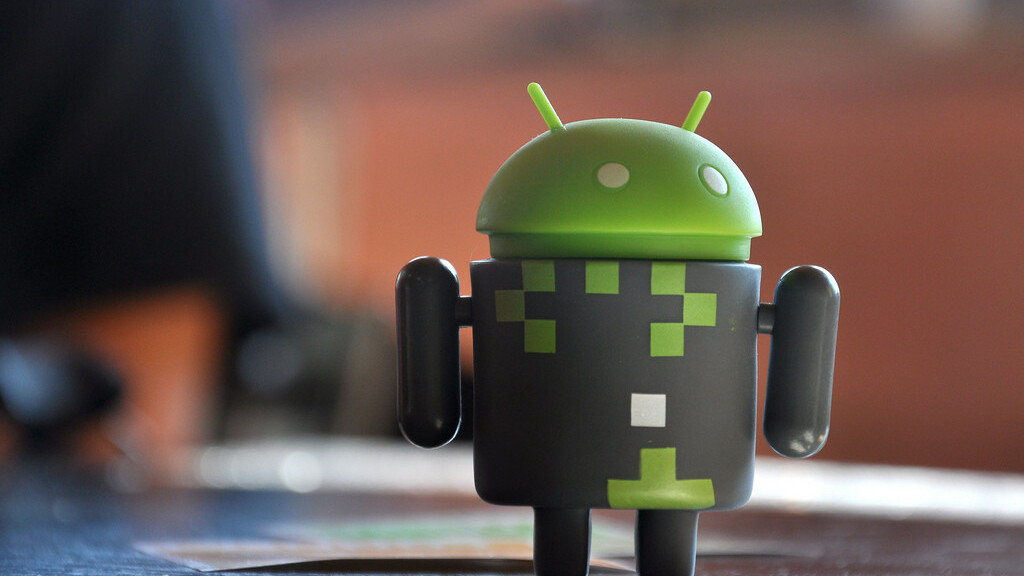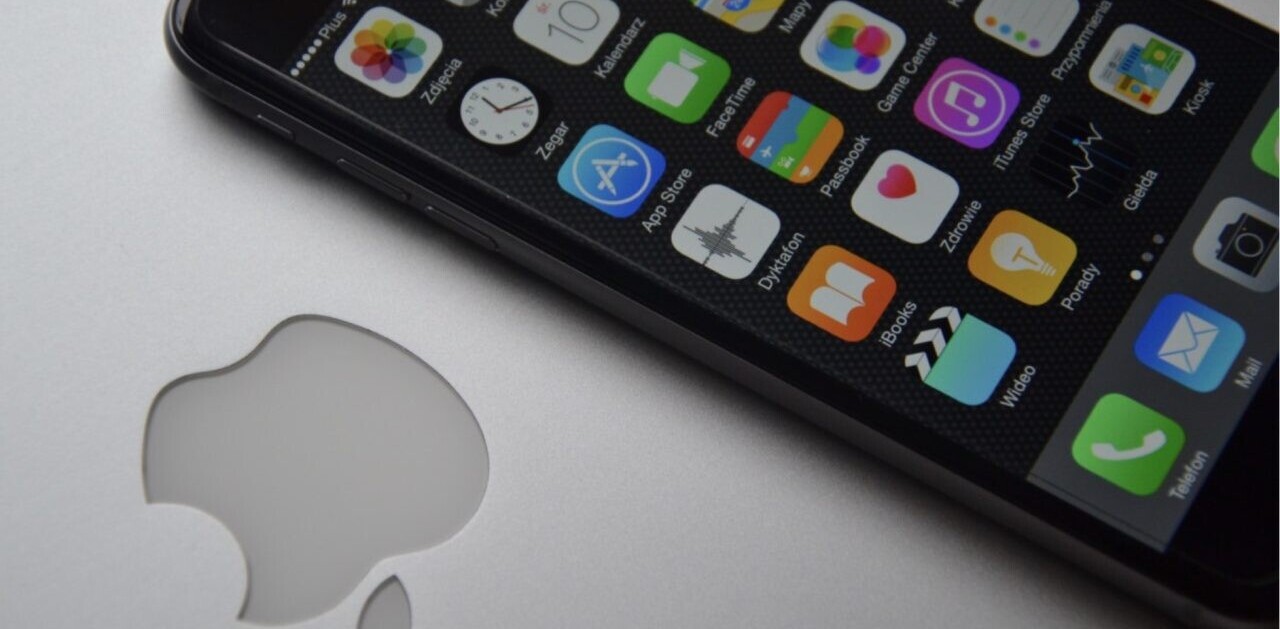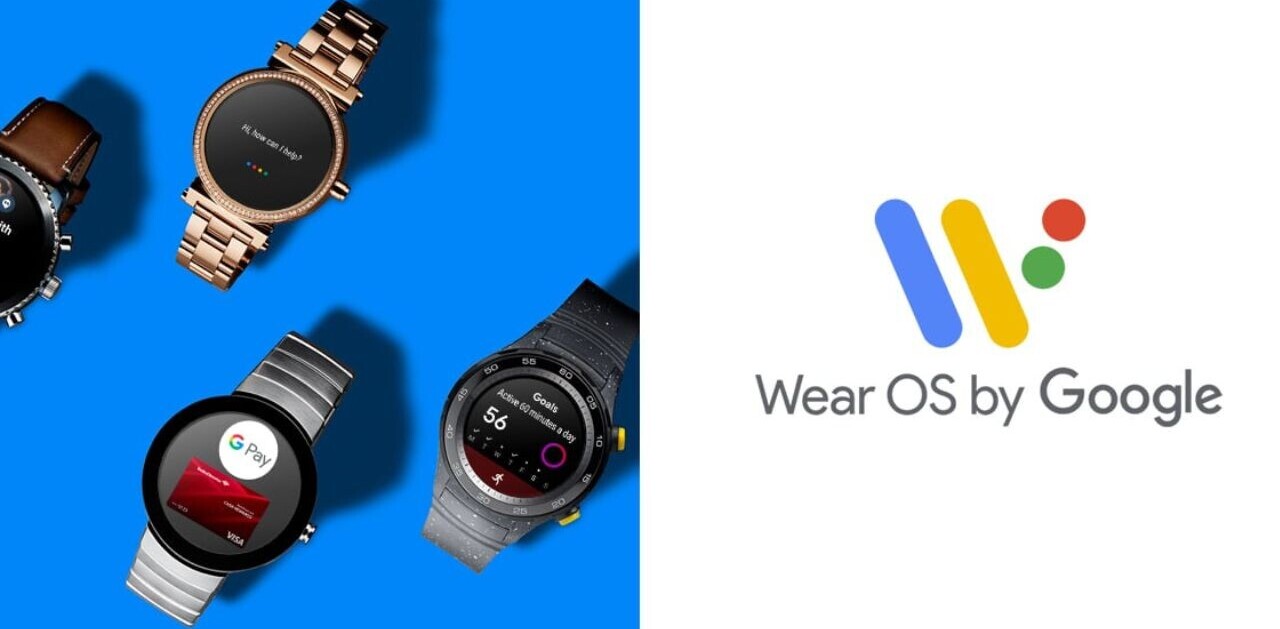
Android and Apple’s iOS continue to dominate the global smartphone industry, according to new data from research firm IDC, which concludes that the two platforms combined accounted for 82 percent of all smartphone shipments during the first quarter of 2012.
The report, which follows the firm’s breakdown of the industry by manufacturer, ranks Android top with 89 million units, 59 percent of industry-wide shipments, and Apple second with 35.1 million units putting and a 35 percent market share.
Symbian and RIM’s BlackBerry also saw increased shipments but both were the biggest losers of market share, dropping down by 60.6 percent and 29.7 percent year-on-year respectively.
Microsoft’s release of Windows Phone 7 (WP7) saw its total shipments decline causing its market share to drop to 2.2 percent. However, it is still early days for the new OS — which has been initially backed strongly by Nokia, among others — although IDC predicts slow growth under its current release strategy.
Windows Mobile/Windows Phone has yet to make significant inroads in the worldwide smartphone market, but 2012 should be considered a ramp-up year for Nokia and Microsoft to boost volumes. Until Nokia speeds the cadence of its smartphone releases or more vendors launch their own Windows Phone-powered smartphones, IDC anticipates slow growth for the operating system.
Based on shipments, not accounting for sales, and supply based heavily on anticipated demand, the report is further evidence of the dominance of Android and iOS — as concluded in its previous vendor-based statistics and the findings of Strategy Analytics.
Android could pull away further still if Samsung, its marquee manufacturer, sees the pre-launch anticipation of its Samsung Galaxy S III device turn to sales. The indicators are positive, with the device rumoured to have already clocked up an impressive 9 million pre-orders.
In the longer term, there are some doubts over the Google-owned operating system after the purchase of Motorola Mobility finally went through this week. Conditions of the deal, imposed by China, have seen Google pledge to keep Android open but, with the company now controlling a handset maker, it remains to be seen whether Android partners will revise their long-term strategies and commitment to the platform.
Get the TNW newsletter
Get the most important tech news in your inbox each week.





